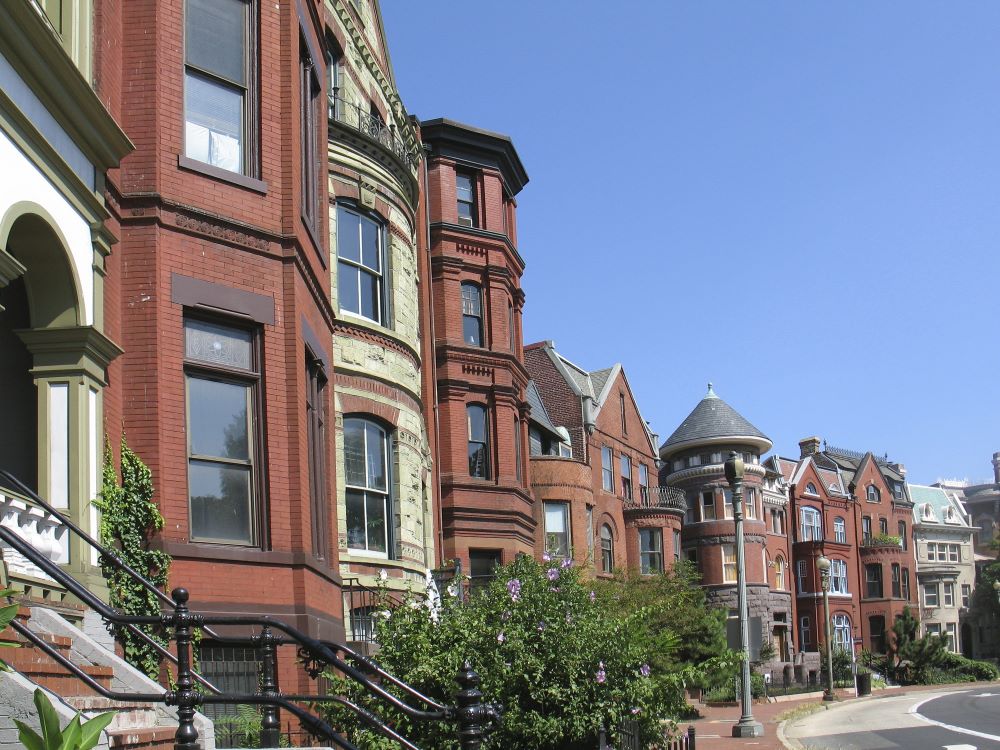The allure of character, charm, and craftsmanship often draws people towards buying a historic home. The recent real estate surge and a scarcity of new housing inventory has also made buyers reconsider historic homes. A house is typically considered for a "landmark" or "historic" status if it meets the following criteria: - It's at least 50 years old - It has a connection with a historic figure, event, or industry - It's a particularly good representation of a specific architectural style - It's an original or contributing structure to a larger historic community. Here are some factors to ponder over before purchasing a historic home:
Comprehend the variances between a single historic designation and a historic district.
A single historic designation usually doesn't restrict an owner from making alterations to the property. It's merely a method to acknowledge the historical importance of the property. Nonetheless, if a property is situated within a historic district, often located within the boundaries of a town or city, an architectural review board may need to sanction any proposed modifications to the house's exterior. This method is used to preserve the historical integrity of the larger neighborhood or district. A potential buyer should always verify with the seller, real estate agent, or local municipality to ascertain if there are any restrictions linked to the historic designation or inclusion in the historic district.
Don't forget to check out the entire historic property, not just the main house.
Historic homes in suburban or rural areas often come with additional charming structures that contribute to the overall historic feel of the property. You might find delightful features like carriage houses, spring houses, smoke houses, tenant houses, and barns. Just remember, while these structures add to the charm, they might also add to the maintenance and insurance costs, so you'll want to consider this before you buy.
Finding the right Real Estate Professional is a must
It's always a smart move to do a thorough house inspection before buying, especially with historic properties. These charming properties are often built using unique techniques not commonly used today, like plaster walls instead of drywall. Because of this, it's important to find the perfect general contractor or tradesperson for any touch-ups or changes on your historic home. If possible, ask the previous owner for some recommendations, they should have a good grasp on the house's repair history. State and local preservation organizations might have lists of contractors and tradespeople who love working on historic properties. It can be exciting to look at portfolios and ask for referrals from past projects when choosing the best fit for your home.
Let's make sure you're all set with the right insurance!
Having a good, comprehensive insurance coverage is like having a safety net. It's crucial to keep in mind that not all policies cover upgrades to construction codes, and the coverage limits as well as the replacement of materials after a loss can vary. Most homebuyers are familiar with bank appraisals, but an insurance inspection is just as important. It helps document the unique features of your house and gives advice on how to prevent loss. This inspection often includes a scan with an infrared camera that can spot potential water leaks or air infiltration around windows and doors. Don't worry, your insurance agent is there to guide you and advise you on these matters.



